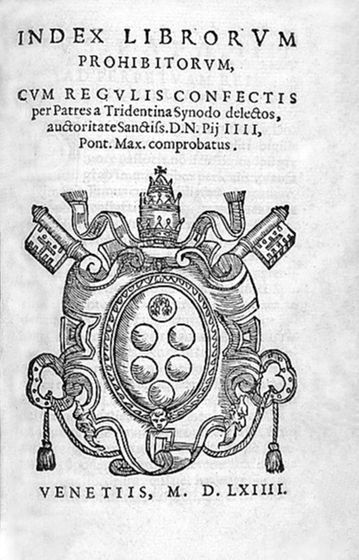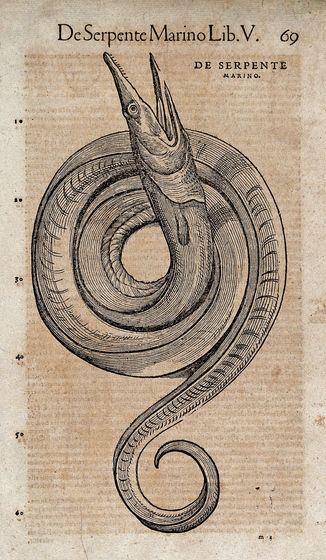What was the impact of the Catholic Church's 'A Certain Magical Index' on the medical community at the time?

The Catholic Church has censored books published in the countries under its control and banned books that it considered to be dangerous to the congregation and put them on a list called 'A
Escaping the Index of Prohibited Books | Lapham's Quarterly
https://www.laphamsquarterly.org/roundtable/escaping-index-prohibited-books
A Certain Magical Index was first enacted in the Roman Catholic Church in 1559. Pope Paul IV, who was in the reign of terror with an emphasis on the Inquisition , was the first Catholic church to show the authority of the church, listing books that are prohibited from being read by believers. Catalog) ”has been promulgated. The catalog of St. Paul's not only banned all books written by Protestants and other heretics, but also books with content that would shake faith even if written by Catholics, books by anonymous authors, and translated versions. The Bible was also forbidden.

Various groups have expressed opposition to the Catholic Church's actions, but the medical community has been particularly repulsive. In the European medical community at that time, the method of learning medicine through books was common, but the catalog of St. Pauls contained all medical books written by 47 leading medical scientists of the same era. Is the cause. In an existing letter, Andrea Pasquale, a doctor of the Duke of Florence, told the inventory of St. Paulus, 'This is causing great inconvenience now. For 30 or 40 years. All the doctors who have studied and researched vigorously have now been robbed of their books. If doctors and philosophers were involved in the establishment of the catalog, this would never happen. There is also a sentence that mentions 'I wouldn't have.'
Approximately two months after the publication of the inventory of St. Paulus, the leaders of the University of Bologna created a 'list of religion-independent, useful and essential medical books' and was sent by Ambassador Giovanni Aldrovandi from Rome. There are records of many times appealing for exclusion from the list of prohibited books. Ambassador Aldrovandi seems to have been sympathetic to the University of Bologna, but replied, 'Frankly, the list is too long.'

The catalog of St. Pauls was mainly a measure for the publication and distribution of books, and even if it was banned, it was possible to read the books in the catalog with the permission of the Inquisitor. However, Bolognese doctor Ulisse Aldrovandi's application to read his own medical books was only allowed twice, 1566 and 1595-1596, as long as it is recorded. not. In a letter that Aldrovandi exchanged with a friend, there was a conversation about 'the medical book owned by Aldrovandi burned', and Associate Professor Marx speculates that 'due to the influence of the book burning '. doing.
In 1564, Pope Pius IV, who became Pope after the death of Paul IV, promulgated a revised list of prohibited books, and in 1571, a specialized committee was set up to revise the list of prohibited books according to the times. The official abolition of the A Certain Magical Index was on June 14, 1966, more than 400 years after the A Certain Magical Index was promulgated.
Related Posts:
in Note, Posted by darkhorse_log







